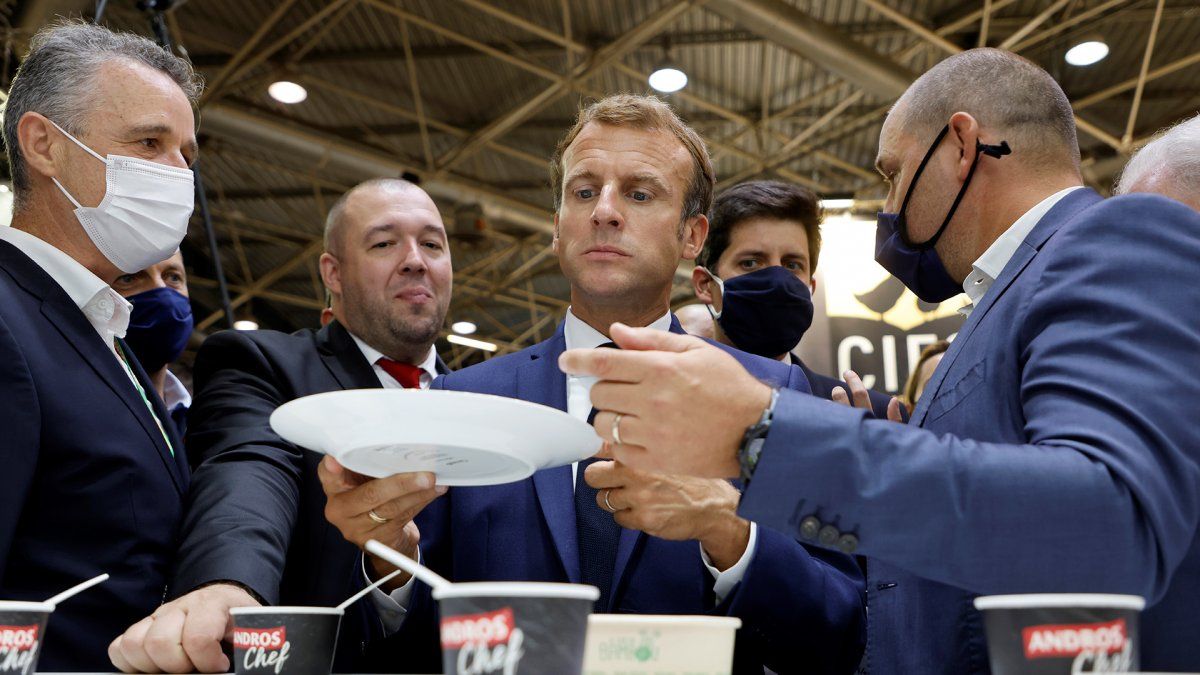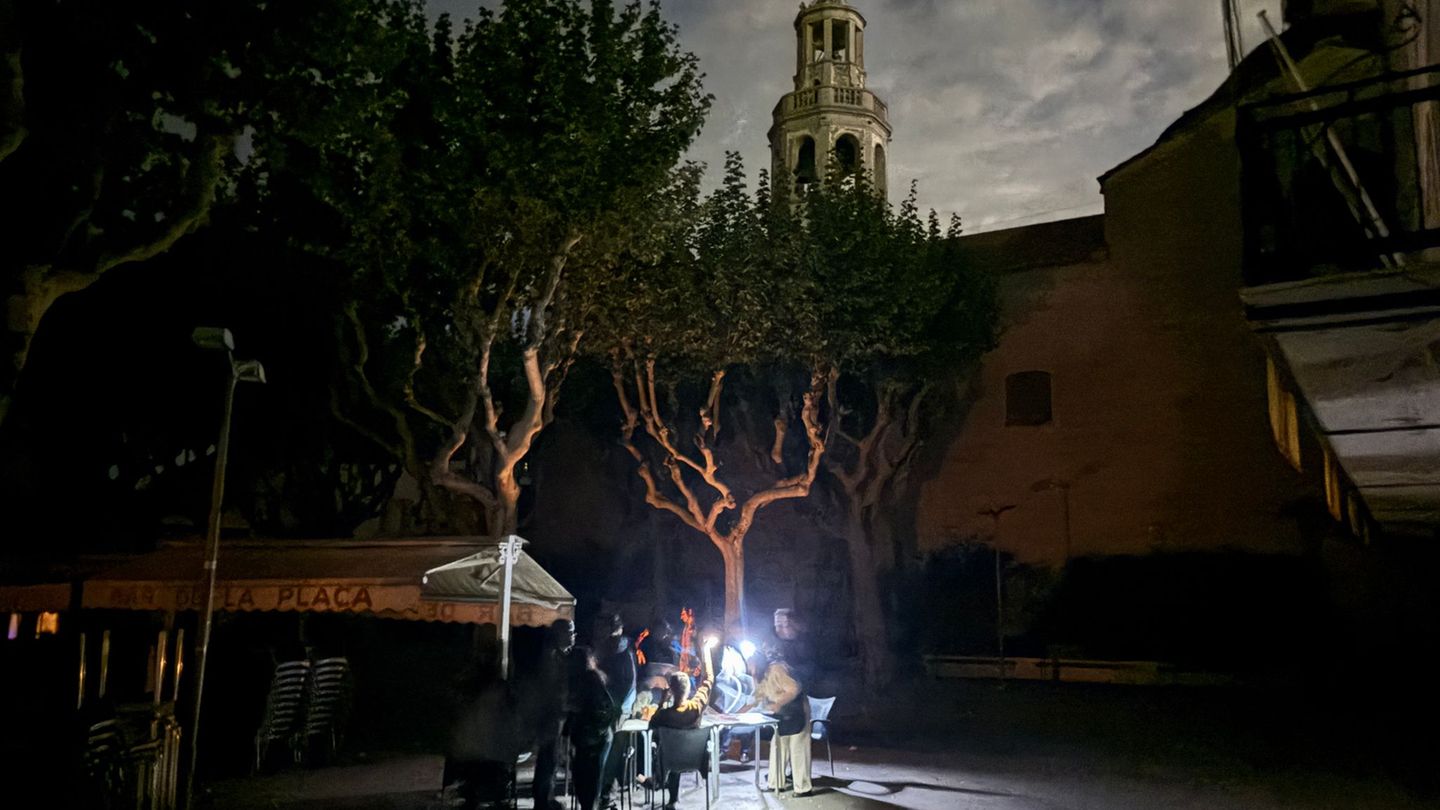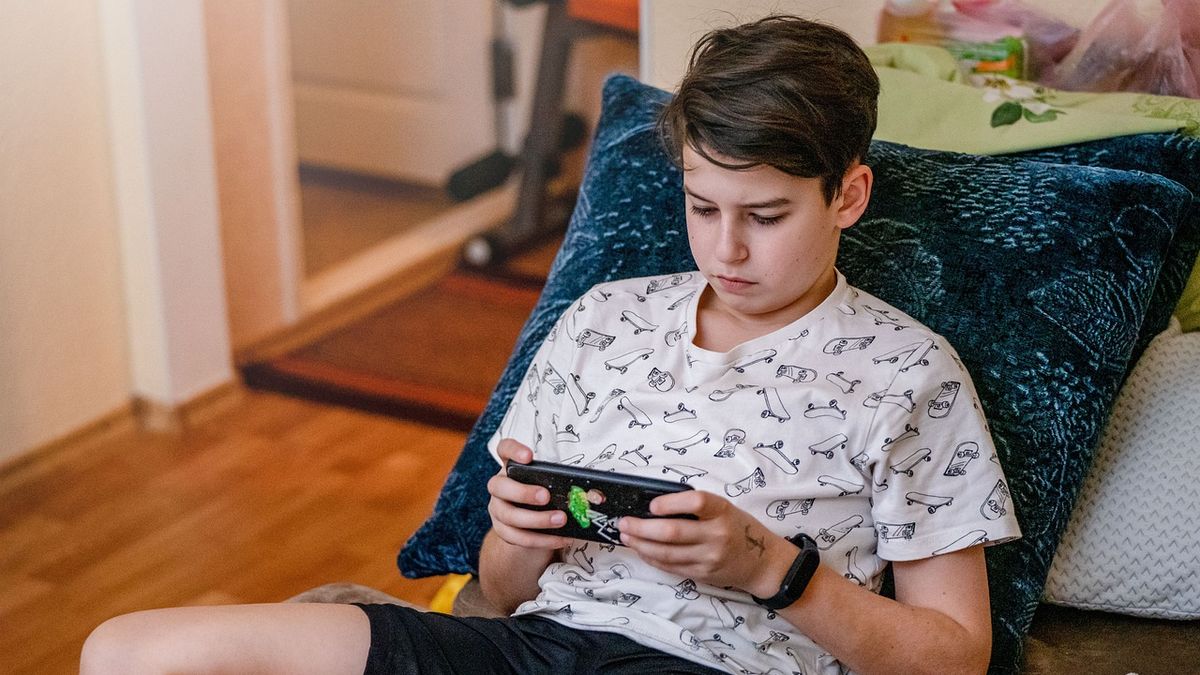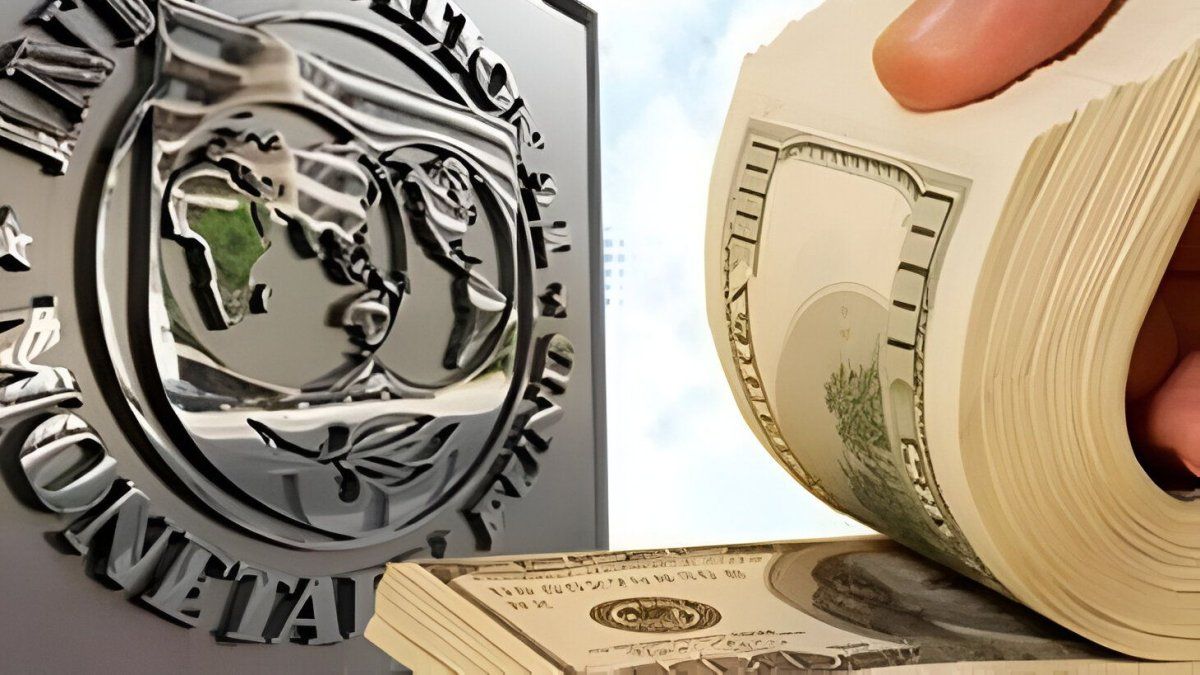Macron, who did not officially announce his candidacy but multiplies visits throughout the country, He is the only politician who would be comfortable in the second round on April 24, according to various polls.
Until a few weeks ago, her undisputed rival was the leader of the National Group, Marine Le Pen, but the irruption in the journalist’s campaign Eric Zemmour, known for his controversial positions on immigration, feminism and French sovereignty, changed the landscape.
Two polls place him in the second round against Macron, while Le Pen’s fall continues to be accentuated, with more than ten percentage points lost since June.
Zemmour attracts part of Le Pen’s voters, who do not see her capable of reaching the Presidency after the 2017 defeat against Macron, but also a section of the conservative electorate, especially those who five years ago had voted for Francois It starts.
At the moment, the journalist also does not confirm whether he will compete in the elections, but he uses the promotion of his latest book to attend events and raise funds for his association throughout the territory, something that analysts interpret as a springboard to launch his eventual candidacy.
“The great unknown is whether he will be able to obtain the 500 signatures of elected officials necessary to be a candidate,” Anne Jadot, professor of Political Science at the University of Lorraine, alerted Télam, referring to the mandatory requirement to be able to apply.
For the specialist, her possible entry into the campaign “opens the game a little more” because it lowers the access bar to the second round, which until recently was around 25% and now it would go to 16%.
However, he specified that the current dispersion of candidacies favors Macron for the moment and mainly harms the left-wing parties.
The mayor of Paris, the socialist Anne Hidalgo; the environmental MEP Yannick Jadot and the deputy from the left Jean-Luc Mélenchon they are the most prominent names of the ten candidates vying for the leadership of this space, which as a whole does not exceed 30% of the voting intentions in the polls.
Although all appeal to unity to reach the Government – no candidate exceeds 10% of the votes – the possibility of a single candidacy is announced complex.
Not so with the conservative Republican party, which managed to reunite its political family to hold a closed primary on December 4, in which the president of the Altos de Francia region, Xavier Bertrand, the leader of the Parisian region Valérie Pécresse , and the former chief negotiator of the European bloc for Brexit Michel Barnier are emerging as favorites.
Although the electoral campaign floods the media coverage, it does not arouse interest in 52% of the French, according to the barometer of the daily Les Echos.
“There is a big gap between the small political-media world that is very excited, including around the Zemmour phenomenon, and a large part of the people who are still a bit far from all that,” said Jadot, who fears that the climate of “permanent campaign” demotivates the electorate.
“People have other concerns, such as purchasing power, rising energy or gasoline prices,” he said.
Precisely, purchasing power (41%) is the main concern of the French in the face of the elections, followed by the environment (30%), according to a survey by the Ipsos consultancy published last Friday.
However, the issues most tackled so far in the campaign have been immigration and insecurity, which rank third and fourth in that poll, and were imposed by Zemmour and the right-wing candidates.
This “disconnection” between the political-media agenda and the citizen could affect the level of participation, the expert warned, recalling that something similar happened during the June regional elections, in which almost two-thirds of voters did not attend. the polls, in a country where voting is voluntary.
The Republicans were the big winners and Le Pen and Macronismo, the big losers of these elections, but it is very rare in France that these results are mechanically transferred to the presidential elections.
“It is likely that next year there will be a very strong abstention and people are right (not to vote) if the programs do not address them or their real problems,” Jadot said.
“The ability to mobilize and the level of participation will really be a key element. We must not only look at the distribution of voting intentions, among those who decided to share it. We must look at who will vote,” he concluded.
David William is a talented author who has made a name for himself in the world of writing. He is a professional author who writes on a wide range of topics, from general interest to opinion news. David is currently working as a writer at 24 hours worlds where he brings his unique perspective and in-depth research to his articles, making them both informative and engaging.




